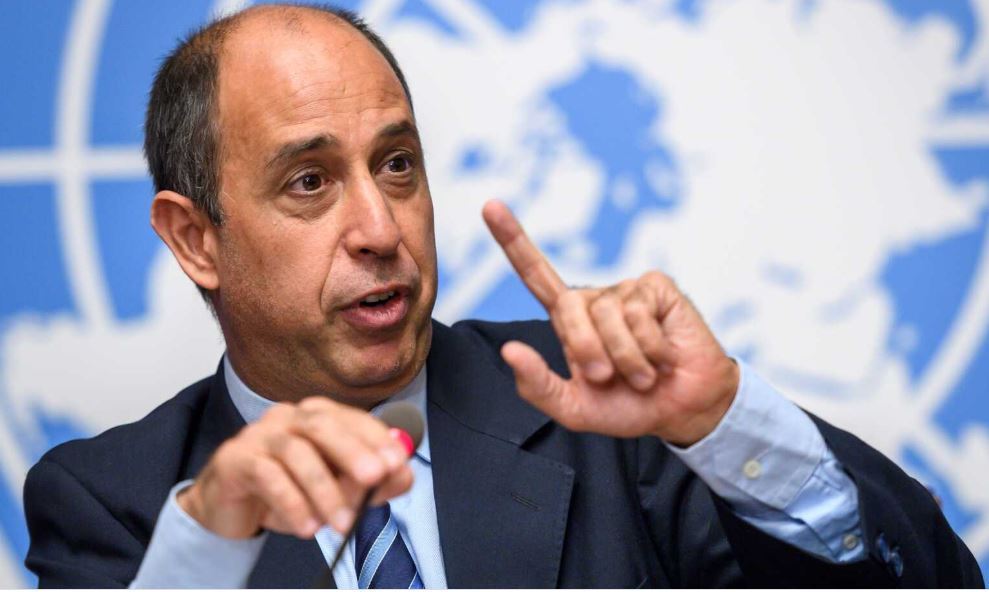UN investigator to request Seoul’s explanation over defector groups inspection
By Ahn Sung-miPublished : July 22, 2020 - 15:41

A UN investigator on North Korea said it will request a detailed explanation from the South Korean government for its decision to inspect defector-led activist groups.
Tomas Ojea Quintana, the UN special rapporteur on human rights in North Korea, voiced concern and expressed discontentment over Seoul’s recent actions against the North Korea-focused human rights groups, in an interview with Radio Free Asia and Voice of America on Wednesday (local time). He stressed that while all countries have the prerogative to administratively regulate civic groups, those measures should not interfere with the groups’ duties.
“We will request more detailed information and then we have the possibility to issue a formal communication with the government of South Korea, calling for a balanced management of the regulation and control of civil society organizations,” Quintana was quoted as saying.
The Unification Ministry said it will cooperate with the UN official.
“We have not received a request for information (from the UN) yet, but there has been a request for a meeting,” Yoh Sang-key, the ministry’s spokesperson, told reporters during a regular press briefing. “Through the meeting, we will thoroughly explain the government’s stance to the international community.”
Last week, the ministry announced that it will inspect 25 nonprofit organizations later this month, all of which concerned with human rights in North Korea and defector support, with over half of them led by North Korean defectors. Earlier, the ministry also revoked operation permits for two defector-led groups that had launched anti-Pyongyang leaflets across the border, and filed criminal complaints against the groups.
The decision drew heavy fire from human rights advocates, which condemned Seoul for violating the freedom of speech and freedom of expression of groups that have provided information to people in the reclusive regime.
The government, however, reiterated its position that while the distribution of leaflets falls under the individual right to freedom of expression, it can be restricted if it presents a security risk to people living in border areas.
By Ahn Sung-mi (sahn@heraldcorp.com)







![[Graphic News] More Koreans say they plan long-distance trips this year](http://res.heraldm.com/phpwas/restmb_idxmake.php?idx=644&simg=/content/image/2024/04/17/20240417050828_0.gif&u=)
![[KH Explains] Hyundai's full hybrid edge to pay off amid slow transition to pure EVs](http://res.heraldm.com/phpwas/restmb_idxmake.php?idx=644&simg=/content/image/2024/04/18/20240418050645_0.jpg&u=20240419100350)






![[From the Scene] Monks, Buddhists hail return of remains of Buddhas](http://res.heraldm.com/phpwas/restmb_idxmake.php?idx=652&simg=/content/image/2024/04/19/20240419050617_0.jpg&u=20240419175937)

![[KH Explains] Hyundai's full hybrid edge to pay off amid slow transition to pure EVs](http://res.heraldm.com/phpwas/restmb_idxmake.php?idx=652&simg=/content/image/2024/04/18/20240418050645_0.jpg&u=20240419100350)

![[Today’s K-pop] Illit drops debut single remix](http://res.heraldm.com/phpwas/restmb_idxmake.php?idx=642&simg=/content/image/2024/04/19/20240419050612_0.jpg&u=)